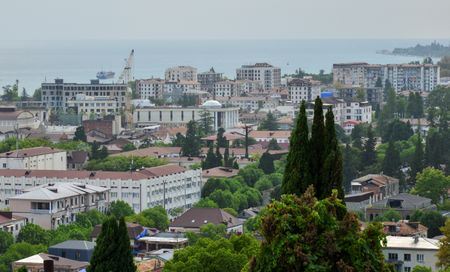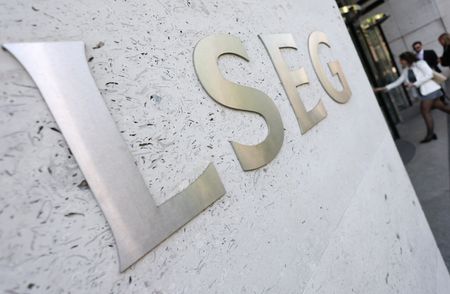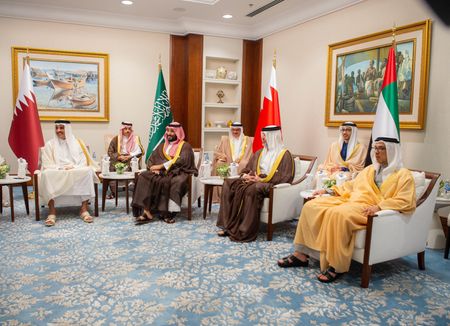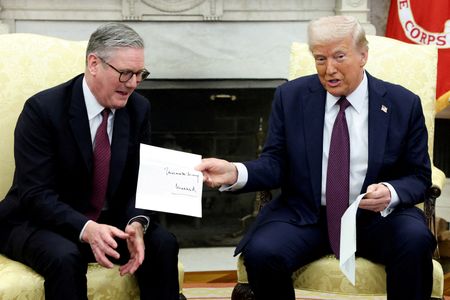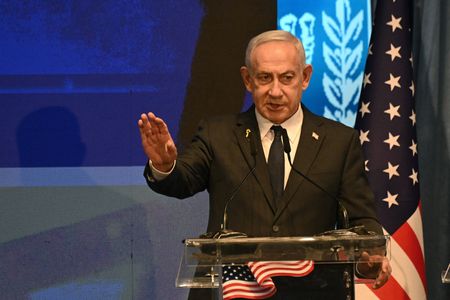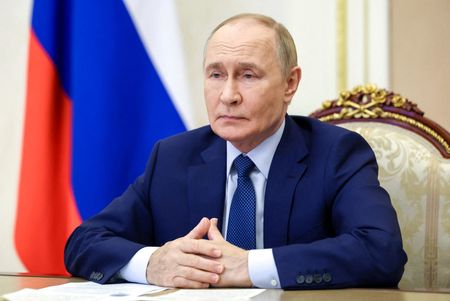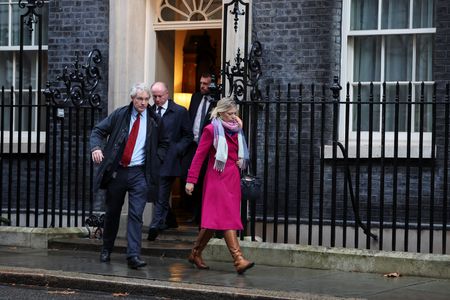TBILISI (Reuters) -A presidential election held on Sunday in the breakaway Georgian region of Abkhazia produced no clear winner, setting up a second round between the top two candidates, state news agency Apsnypress said.
Citing Abkhazia’s electoral commission, the agency reported that acting President Badra Gunba had taken 46% of the vote, while opposition leader Adgur Ardzinba won almost 37%.
Gunba, who was previously vice president, took over as Abkhazia’s leader in November after his predecessor was driven from office by protests against an investment agreement with Russia.
It was the third time since 2014 that an Abkhazian leader had been driven from office by mass protests.
A lush, Black Sea coastal territory of around 240,000 people, Abkhazia broke away from Georgia after a war in the early 1990s, with the support of Russia. Moscow recognised Abkhazia as independent after another war in 2008.
Tens of thousands of ethnic Georgians were expelled from the region, and most countries, bar a handful, consider Abkhazia to be part of Georgia.
Though the territory is politically and economically dependent on Russia, some Abkhazians have been critical of what they see as Moscow’s growing influence in the breakaway state.
Later on Monday, the Russian Investigative Committee, the federal authority responsible for investigating major crimes, said it had opened an investigation into what it called “threats and violations of the rights of Russian citizens in Abkhazia”.
“A number of media outlets reported that individuals acting in the interests of one of the Abkhazian presidential candidates demanded that residents, including those with Russian citizenship, support specific political forces,” the committee said.
“At the same time, threats were made to use violence against Abkhazian and Russian citizens of Armenian nationality.”
The committee gave no further details about the alleged threats or identified the presidential candidate involved in the investigation.
(Reporting by Felix Light and Maxim Rodionov;Editing by Andrew Osborn and David Holmes)

